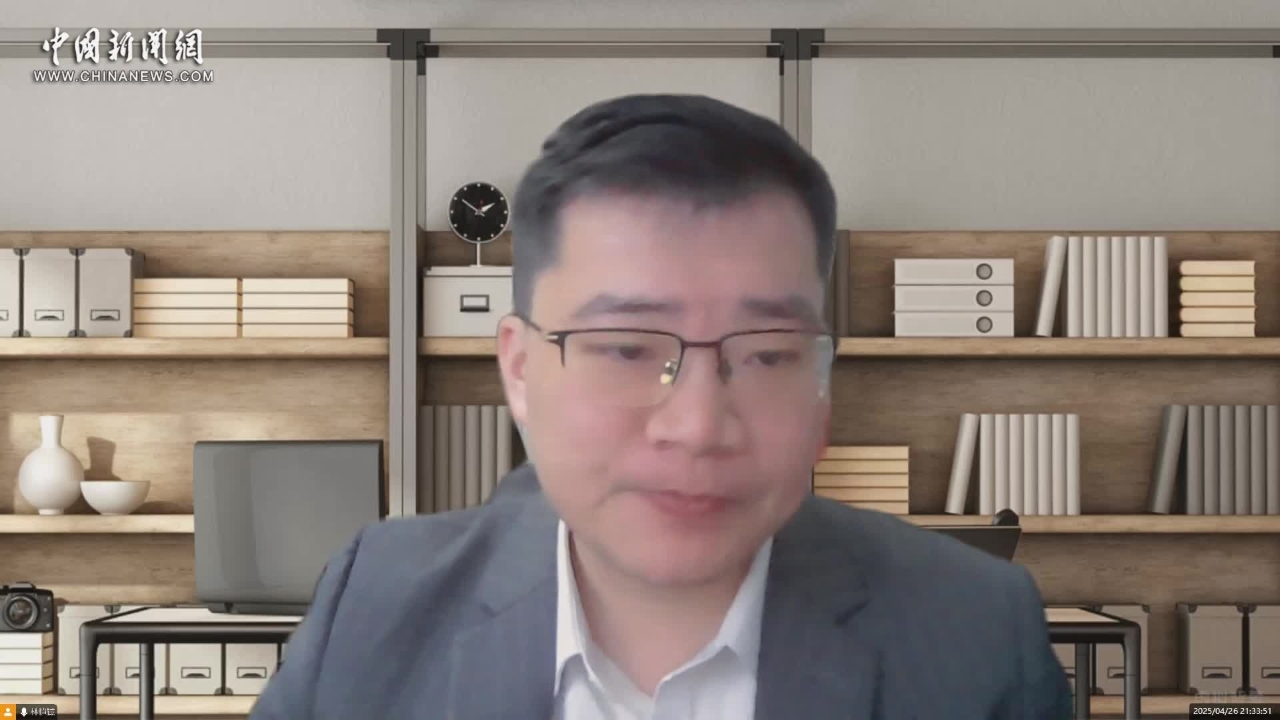A surge of state-level legislation aimed at restricting foreign land ownership is drawing sharp criticism from civil rights groups and legal experts, who warn the measures echo early 20th-century "alien land laws". Framed as national security measures, the laws primarily target individuals from countries like China, raising concerns about discrimination and racism.
Speaking at the recent annual Committee of 100 conference in Los Angeles, a prominent gathering of Chinese American leaders and experts, Robert Chang, professor at the University of California, Irvine School of Law, warned that these laws represent a dangerous revival of xenophobic legal traditions once used to target Asian immigrants in the early 20th century.
"Even though these laws lost their force as racial bars to naturalization were lifted, first for Chinese in 1943, then for Filipinos and South Asians in 1946, and finally for all races in 1952, they were never struck down as unconstitutional," said Chang, who holds the Sylvia Mendez Presidential Chair for Civil Rights. "And that silence has left a legal door open."
Chang pointed to historical cases such as Harris v. Thompson, in which the Washington State Supreme Court claimed that foreign land ownership posed a threat to food security and national safety, a rationale he described as a "trope of economic and national threat" used to disguise racial prejudice.
The legal basis for these laws remains largely unchanged. In Florida, a 2023 legal challenge to a new land ownership restriction was dismissed by a federal district judge, who cited a 1923 US Supreme Court decision as support for the law's constitutionality.
"That's why this fight is urgent," Chang said. "History doesn't stay buried. If we don't confront and undo the legal foundations of these laws, they come back, sometimes dressed in a new language, but with the same targets."
Vague language used
Chang also criticized the vague language of these modern laws. "In Florida, it's 'countries of concern'. In Arkansas, they cite the 'International Trafficking in Arms Regulations'. These lists include several countries, but in practice, they're being used to target Chinese people. It's not subtle," he said. "They claim it's not about race, but that's clearly who they're going after."
Texas has become one of the most visible battlegrounds. Senate Bill 17, now advanced as House Bill 17, seeks to restrict property ownership by nationals from several countries including China. The bill recently passed out of the House Committee on Homeland Security and is now headed for a vote on the House floor.
Retired Texas State Representative Martha Wong, a founding member of the Texas Asian Republican Assembly, testified against the bill and stressed the importance of civic engagement.
Wong also suggested using social media platforms like WeChat to help mobilize Asian Americans to testify. "It's so important for you to speak out — publicly, by email, text, or even a handwritten note. That's how you become part of the process," she said.
Texas State Representative Gene Wu has been at the forefront of organizing resistance against House Bill 17. "Everyone thought someone else would take care of this," he said.
"But as I warned, if we didn't act immediately, the bill would be on the governor's desk in two weeks." Wu recalled the historical lesson of the Chinese Exclusion Act, the first US law to ban immigration based on race and nationality. "Don't forget, for most of the 20th century, our people were banned from this country," Wu told the audience. The issue has extended far beyond Texas, according to Wu.
Since 2021, 42 states have introduced 323 bills aimed at restricting property ownership by foreign entities, with 22 states enacting 38 such laws — 17 of which became laws in 2024.
These measures often target individuals from countries designated as "foreign adversaries", including China, and have raised concerns about potential discrimination against Chinese Americans.


















































 京公網(wǎng)安備 11010202009201號
京公網(wǎng)安備 11010202009201號